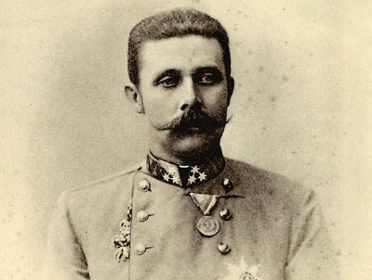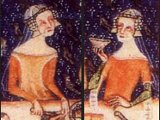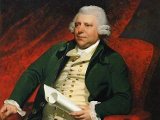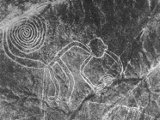Archduke Franz Ferdinand - The Man Whose Death Triggered World War 1

Table of Contents
- The Heir Apparent
- Franz Ferdinand's Character and Political Views
- Marriage to Sophie Chotek
- Visit to Sarajevo, Assassination and Aftermath
Quick Facts
Archduke Franz Ferdinand was the nephew of Austro-Hungarian Emperor Francis Joseph I and was the third in line for the Imperial throne.
He became heir apparent after the suicide of his cousin, the Crowned Prince Rudolph in 1889 although he became officially the first in line for the Imperial throne after his father's death in 1896.
Lack of charisma, quick temper and radical political ideas which foresaw reorganization of Austria-Hungary into a triple monarchy and later a federal monarchy made him unpopular among the Austrian and Magyar elites.
In 1900, the Archduke married Countess Sophie Chotek but he had to promise not to claim succession for their children because his wife did not fit the Habsburg “standards“ of an Empress.
Franz Ferdinand and his wife Sophie were assassinated by a Bosnian Serb, Gavrilo Princip during their visit to Sarajevo on June 28, 1914.
He was buried with his wife without a state funeral in the crypt of the Artstetten Castle on July 4, 1914.
The Archduke's death was used as an excuse by Austria-Hungary to declare war on Serbia accusing it orchestrating the conspiracy on July 28, 1914.
The assassination of Franz Ferdinand triggered World War 1 but did not cause it. The real causes of World War 1 were more complex.
The Heir Apparent
Archduke Franz Ferdinand (also called Archduke Francis Ferdinand) was born as the eldest son to Archduke Karl Ludwig of Austria (brother of Emperor Francis Joseph I of Austria) and Princess Maria Annunciata of Bourbon-Two Sicilies in Graz, Austria, on December 18, 1863. He was only the third in line for the Imperial throne but the suicide of his cousin, the Crowned Prince Rudolph in 1889 and his father’s death in 1896 made him the heir apparent.
Franz Ferdinand’s Character and Political Views
Like most Habsburg males, Franz Ferdinand entered military training at a young age. In 1890, he was promoted to colonel, nine years later he became general of the calvary and by 1913, he was inspector general of the armed forces of Austria-Hungary. Although he became de facto heir apparent when his cousin committed suicide (his father did not have ambitions to become emperor), he was not particularly popular neither socially nor politically. His contemporaries resented him quick temper and lack of charisma as well as his radical political ideas. The Archduke supported reorganization of the Dual Monarchy into a triple monarchy which would give the discontented Slavs in the monarchy equal rights than the Austrians and Magyars. Later, he allegedly also played with an idea of federalism. It remains unknown whether he would actually carry out any political reforms if he would become emperor, however, his ideas were bitterly opposed by both the Austrian and Magyar elites.
Marriage to Sophie Chotek
Franz Ferdinand did not get along with his uncle and Emperor, while his desire to marry Countess Sophie Chotek further strained their relationship because only members of royalty families or former royal families were considered “good enough“ for the heir to the Imperial throne. Countess Sophie Chotek, however, did not originate from a royal family. The Archduke refused to marry other woman and in 1900, he was finally allowed to marry Sophie under condition that it would be a morganatic marriage and that their children were barred from the right to succession. His wife was given the title Duchess of Hohenberg but she was treated as a second rank member of the Imperial family. However, the Archduke was happy in marriage and is said to had been a devoted father of two sons and one daughter.
Visit to Sarajevo, Assassination and Aftermath
On June 28, 1914, Franz Ferdinand went on a fatal visit to Sarajevo, Bosnia. While riding in an open carriage, the Archduke and his wife were fired at by Gavrilo Princip, one of the group of seven Bosnian Serb conspirators. Archduke Franz Ferdinand, hit in the neck and his wife Sophie, hit in the abdomen died within a few minutes thereafter. On July 4, 1914, they were buried without a state funeral in the crypt at the Artstetten Castle rather than Imperial Crypt below the Capuchin Church in Vienna (the principal burial site of the members of the House of Habsburg since 1633). Nevertheless, the Imperial court used his death to issue an impossible ultimatum to Serbia accusing it orchestrating the assassination of the heir apparent. On July 28, 1914, exactly one month after the Archduke’s death, Austria-Hungary declared war on Serbia that started the devastating World War 1.




